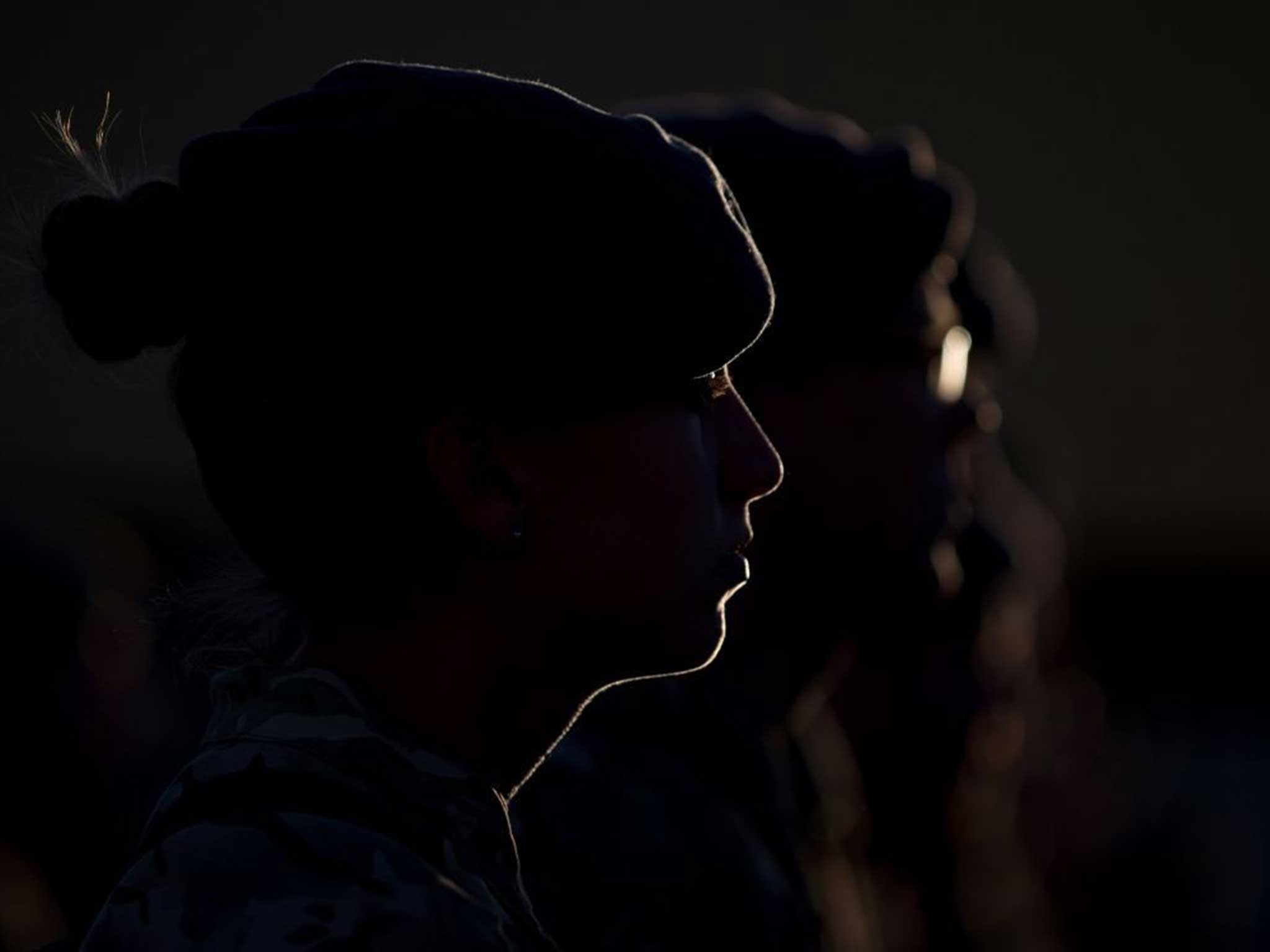Retired army commander claims women lack 'killer instinct' needed to serve on frontline
Retired British Army colonel Richard Kemp claimed serving on frontline with 'band of brothers' units 'demands a warrior ethos'

Your support helps us to tell the story
From reproductive rights to climate change to Big Tech, The Independent is on the ground when the story is developing. Whether it's investigating the financials of Elon Musk's pro-Trump PAC or producing our latest documentary, 'The A Word', which shines a light on the American women fighting for reproductive rights, we know how important it is to parse out the facts from the messaging.
At such a critical moment in US history, we need reporters on the ground. Your donation allows us to keep sending journalists to speak to both sides of the story.
The Independent is trusted by Americans across the entire political spectrum. And unlike many other quality news outlets, we choose not to lock Americans out of our reporting and analysis with paywalls. We believe quality journalism should be available to everyone, paid for by those who can afford it.
Your support makes all the difference.A retired British Army commander has claimed that women lack the “killer instinct” needed to serve on the frontline.
Colonel Richard Kemp, who led troops in Afghanistan, wrote in The Times that allowing women to join frontline units will “damage the fighting capabilities” as unit “cohesion” will be disrupted.
MPs have recently indicated that the Armed Forces are planning to lift a long-standing ban on women serving on the front, a move the 55-year-old described as part of a “transparent political agenda”.
He went on to warn that politicians’ “prioritising political correctness” would “undermine fighting effectiveness and put lives in danger.”
In May then Defence Secretary Philip Hammond said the Army needed to work harder to dispel its “macho image” and announced a review of the role of women in combat units, prompting critics’ concerns that women would not be able to keep up physically with their male colleagues.
The retired soldier, who joined the army after leaving school at 18, claimed that serving in frontline units “demands a warrior ethos, a cult-like bond of comradeship” and added it was these attributes that “Mr Hammond seems to despise so much.”
He continued: “No matter how courageous or physically tough a woman might be, she simply does not fit into this testosterone-charged band of brothers and is therefore likely to reduce the cohesion and fighting effectiveness of a small combat unit.”
A spokesperson for the Ministry of Defence said: “The review process into women in combat roles is ongoing: no decisions have been made and so any suggestion to the contrary is inaccurate. As such, it would be wrong for the department to comment further at this stage.”
Women currently make up around nine per cent of the total British Armed forces personnel and are integrated into all roles, aside from those on frontline who engage with the enemy.
The ban has not prevented female casaulties. Eight women have been killed in combat situations, mostly as a result of the high proliferation of IEDs and roadside bombs that take no notice of traditionally assumed frontlines.
Join our commenting forum
Join thought-provoking conversations, follow other Independent readers and see their replies
Comments